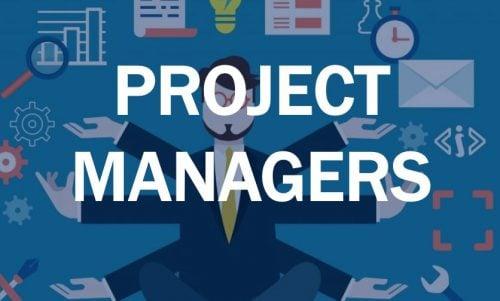Currently Empty: $0.00

Introduction
Project management is a crucial discipline in today’s fast-paced business world. Whether you’re a seasoned project manager or just starting, understanding project management examples can significantly enhance your skills. In this blog, we’ll explore various project management scenarios and real-world examples to provide you with valuable insights. These examples will help you grasp the core concepts, challenges, and best practices in project management. Let’s dive in!
Table of Contents
Table of Contents
- What is Project Management?
- Importance of Project Management
- Project Management Examples
- Construction Project
- Software Development Project
- Marketing Campaign
- Key Challenges in Project Management
- Best Practices in Project Management
- Benefits of Effective Project Management
- Conclusion
- FAQs
What is Project Management?
Project management is the discipline of planning, executing, and controlling projects to achieve specific goals while adhering to constraints such as time, cost, and scope. It involves a systematic approach to ensure that projects are completed efficiently and effectively.
Importance of Project Management
Effective project management is essential for several reasons:
- Optimized Resource Utilization: Project management ensures that resources like time, money, and personnel are used efficiently.
- Meeting Deadlines: It helps in setting realistic deadlines and ensures projects are completed on time.
- Budget Control: Project managers oversee budgets to prevent overspending and financial risks.
- Quality Assurance: It ensures the project’s deliverables meet the required quality standards.
Project Management Examples
Let’s delve into real-world project management examples to understand how it works in various industries:
Construction Project
Scenario: Imagine you’re managing a large-scale construction project, such as building a skyscraper. The project involves numerous stakeholders, including architects, engineers, contractors, and subcontractors.
Challenges:
- Coordination among various teams.
- Managing construction delays due to weather conditions.
- Ensuring compliance with safety regulations.
Best Practices:
- Regular progress meetings.
- Advanced weather tracking for scheduling.
- Strict safety protocols.
Software Development Project
Scenario: You’re overseeing the development of a new mobile app for a startup. The project aims to create a user-friendly app that can compete in a competitive market.
Challenges:
- Adapting to changing market trends.
- Balancing feature requests with development resources.
- Meeting strict release deadlines.
Best Practices:
- Agile development methodologies.
- Continuous communication with stakeholders.
- Regular testing and debugging.
Marketing Campaign
Scenario: You’re responsible for launching a nationwide marketing campaign for a new product. The campaign includes online and offline components.
Challenges:
- Coordinating marketing strategies across different channels.
- Measuring the campaign’s effectiveness in real-time.
- Managing unforeseen crises or negative publicity.
Best Practices:
- Detailed campaign planning.
- Utilizing analytics tools for data-driven decisions.
- Crisis management protocols.
Key Challenges in Project Management
Project management is not without its challenges. Some common obstacles include scope creep, resource constraints, and stakeholder communication issues. Overcoming these challenges requires a combination of skills, experience, and effective strategies.
Best Practices in Project Management
To excel in project management, consider these best practices:
- Establish clear project objectives.
- Define roles and responsibilities.
- Use project management software for better organization.
- Monitor progress regularly and adjust plans as needed.
- Communicate openly and transparently with stakeholders.
Benefits of Effective Project Management
Effective project management offers numerous benefits, such as increased efficiency, improved client satisfaction, and reduced risks. It can also lead to better team collaboration and personal growth as a project manager.
Conclusion
Project management is a versatile skill that applies to various industries and scenarios. Learning from project management examples can help you become a more effective project manager. By understanding the challenges, best practices, and importance of project management, you’ll be better equipped to handle complex projects and deliver successful outcomes.
FAQs
Q1: What does a project manager’s role entail?
A1: A project manager is responsible for planning, executing, and overseeing a project to ensure it meets its objectives within constraints like time and budget.
Q2: How can I improve my project management skills?
A2: You can improve your project management skills by studying real-world project management examples, taking courses, and gaining practical experience.
Q3: What is scope creep in project management?
A3: Scope creep refers to uncontrolled changes or additions to a project’s scope, often leading to delays and increased costs.
Q4: Can you recommend any project management courses?
A4: Sure! You can explore project management courses on Udemy or Coursera.
Q5: Where can I find more project management resources?
A5: You can find valuable project management resources on websites like ProjectManagement.com and PMI.org.

